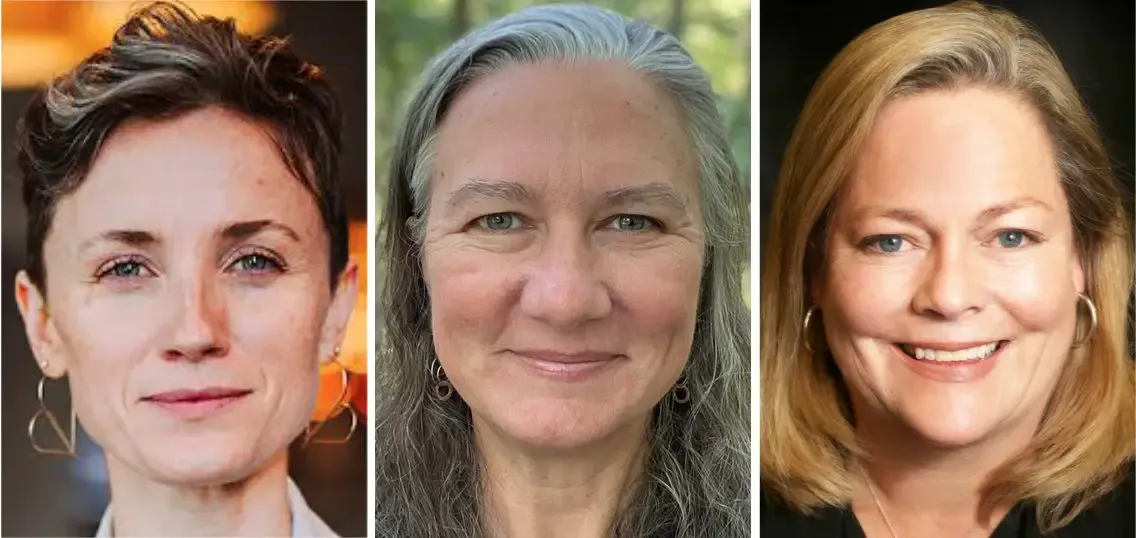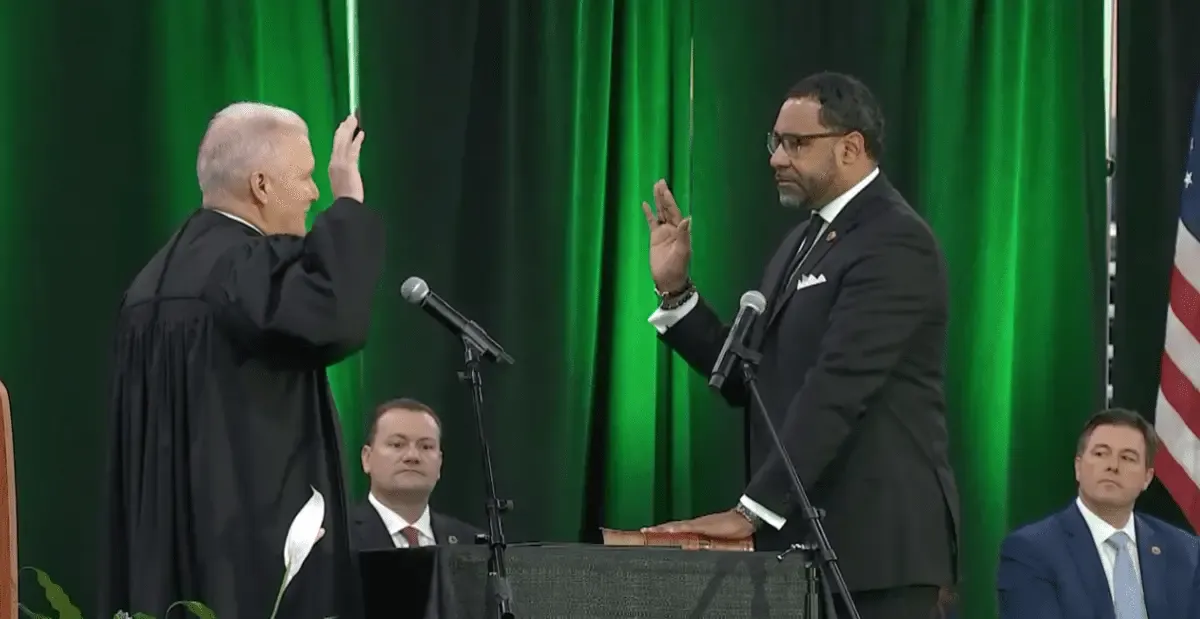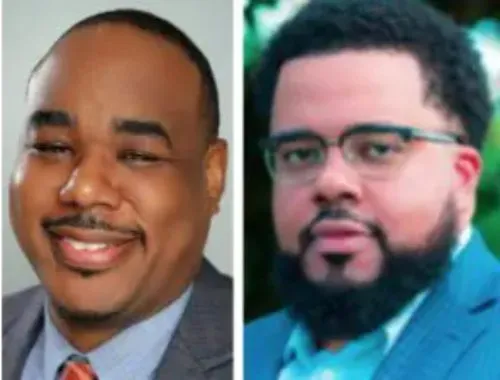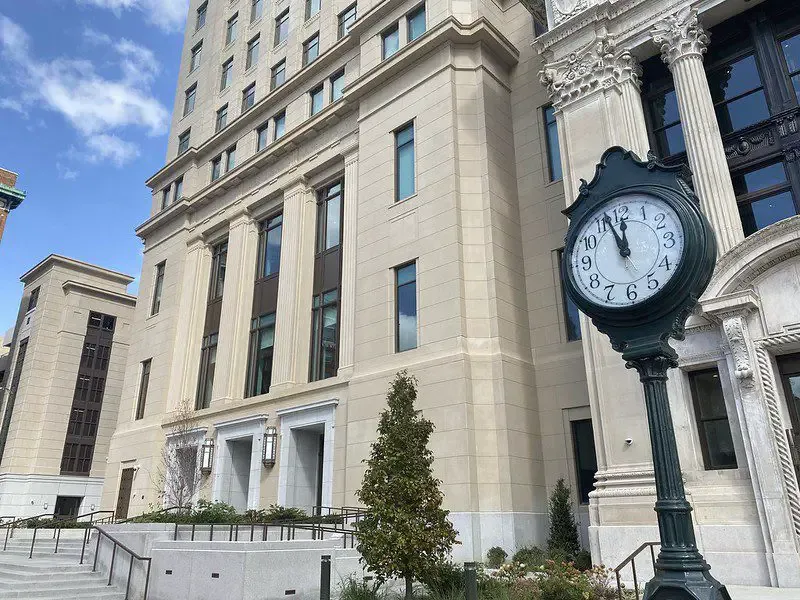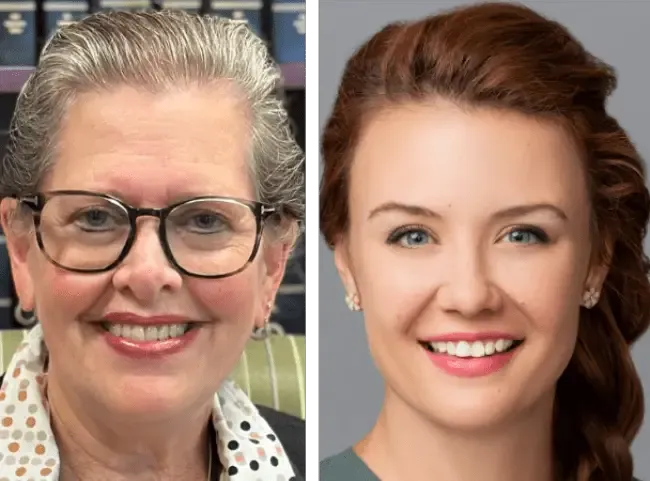Election 2023 — Top News — Government — Environment — Henricopolis Soil and Water Conservation District — Brittany Rose — Clover Dosier — Claiborne Yarbrough — Becky Lakin
ELECTION 2023: Heard of the Henricopolis Soil and Water Conservation District Board? Here’s why 4 candidates want to serve on it
